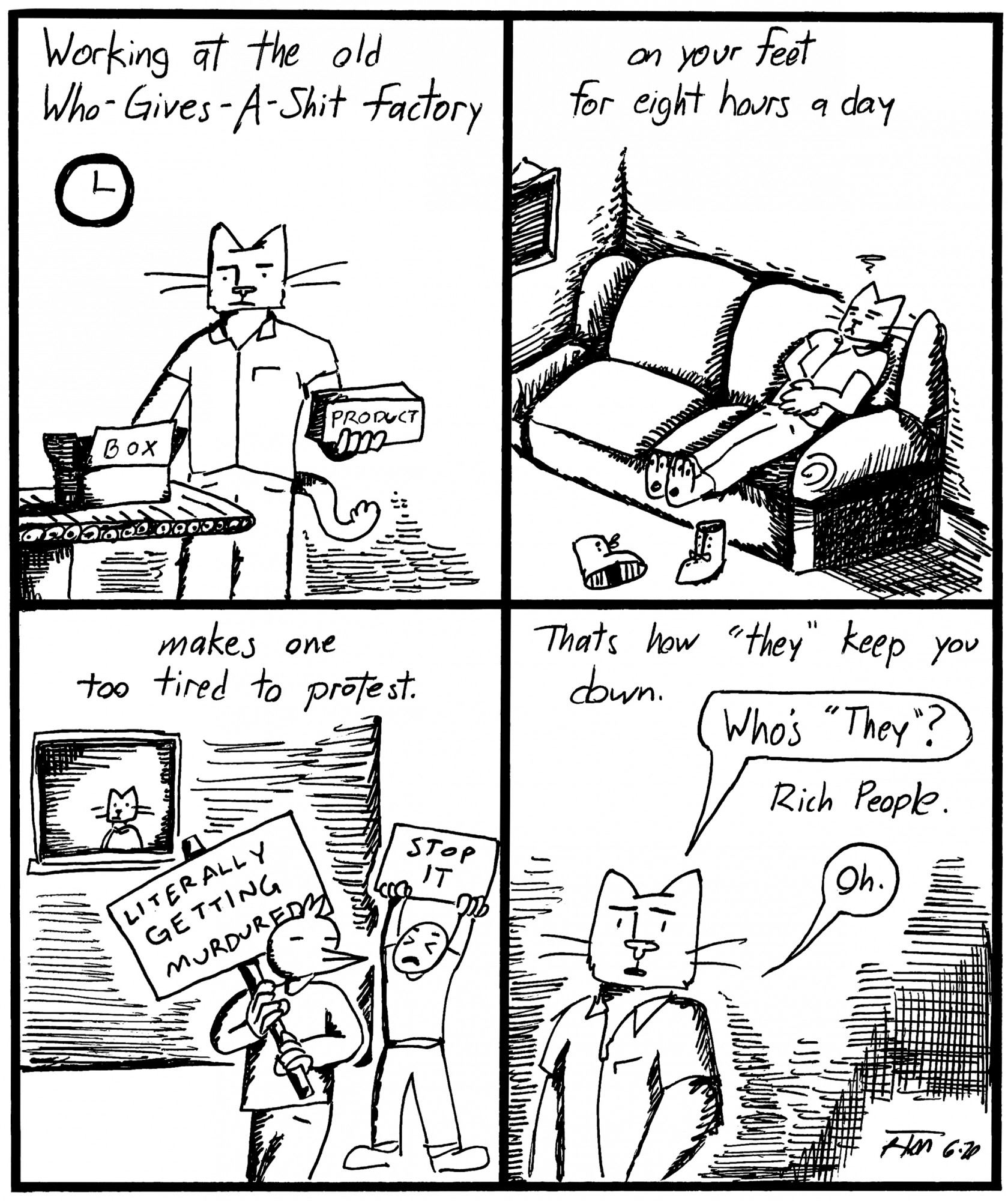Democratic presidential candidate Elizabeth Warren has recently highlighted the pervasiveness of discrimination against pregnant people by speaking openly about the fact that she herself was fired for becoming pregnant.
“When I was 22 and finishing my first year of teaching, I had an experience millions of women will recognize,” Warren wrote on Twitter. “By June, I was visibly pregnant — and the principal told me the job I’d already been promised for next year would go to someone else. This was 1971, years before Congress outlawed pregnancy discrimination — but we know it still happens in subtle and not-so-subtle ways.”
Conservative leaning publications, like The Washington Free Beacon, attempted to rally against Warren’s story, saying that there was no proof and that records show that Warren resigned from her teaching position. Mainstream news sources also tried to cast doubt on Warren, pointing out inconsistencies in how she has spoken about the incident throughout the years. Warren has explained that she has been more open to sharing what happened than in the past.
Despite many people sharing their own stories of pregnancy discrimination in solidarity with Warren, she has been forced to defend herself against incessant attempts to poke holes by male pundits.
Pregnancy discrimination is difficult to prove. It is not a documented process and it is likely that records will not reflect many people’s experiences. The reaction of the media and Warren’s colleagues, particularly men, shows a disregard for anyone’s ability to speak about their own encounters with sexism.
The perceptions of women are regularly dismissed, particularly when that woman is running for president. Warren’s story is more than just her own, however. Though pregnancy discrimination was outlawed 1978, pregnant people are still denied workplace equality. Pretending otherwise is not just ignorant, it is a malicious shutdown of individuals’ voices.
Pregnancy and motherhood are still seen as workplace liabilities. In The American Journal of Sociology, researchers from Cornell University found that there is a “motherhood penalty” in employment. When men are or have a desire to be fathers, employers see that as a commitment to paid work.
Meanwhile, when others are or have to desire to be mothers, they are seen as less employable, without a commitment to paid work. They are held to a harsher standard by employers, and are less likely to receive promotions or raises. Parental status is an advantage for men, but a disadvantage for those who desire to be mothers. The point Warren makes in sharing her story is that this kind of discrimination is consistent, pervasive, and usually goes under the radar.
The platitude of ‘believing women’ must expand beyond sexual assault. Believe people when they talk about sexism in all forms. As long as voices are being dismissed, there will be no substantive progress in gaining equal footing. Not just pundits, but everyone in their daily lives, needs to learn to listen when people speak up.









